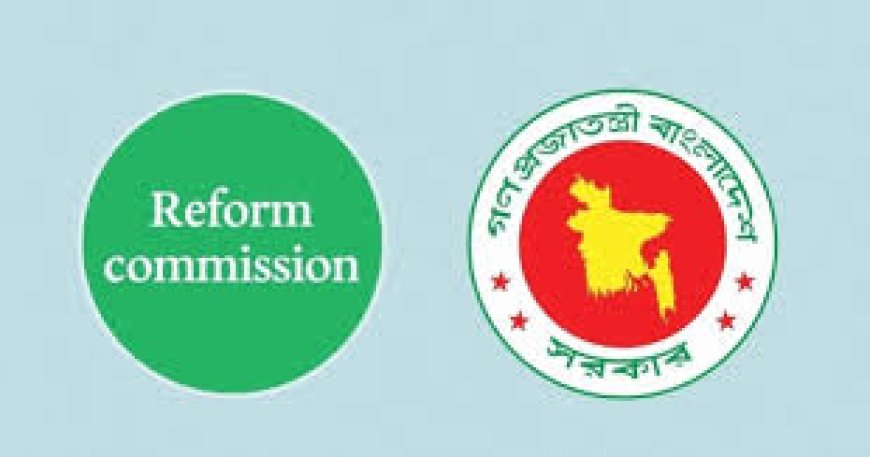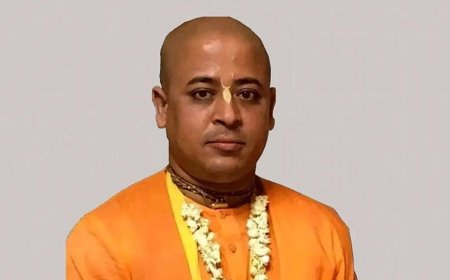The Local Government Reform Commission is set to recommend significant changes
The proposed reforms would permit full-time employees of government services, councils, or other local authorities to serve as public representatives, excluding those in senior leadership roles.

The Local Government Reform Commission is preparing to propose transformative changes aimed at broadening the participation of skilled individuals and enhancing the efficiency of local government bodies.
Key Recommendations:
-
Participation of Full-Time Employees in Local Governance
The reforms would enable full-time employees of government services, councils, or other local authorities to serve as public representatives, provided they are local voters. However, these individuals would be restricted from holding senior full-time positions such as chairman or mayor.- This change seeks to attract socially respected and competent individuals to local government roles while maintaining the distinction between part-time and full-time responsibilities.
- Currently, laws prohibit government employees or individuals holding a full-time office of profit from contesting local body elections.
Dr. Tofail Ahmed, the commission's head, emphasized that in other countries, members and councillors of local bodies serve in part-time roles, unlike chairmen or mayors, whose responsibilities are full-time.
-
Proposals to Enhance Services
To improve grassroots governance:- The commission plans to recommend increasing the number of wards in Union Parishads with large populations.
- Presently, Union Parishads are limited to nine wards, as mandated by the Local Government (Union Parishad) Act of 2009.
Additionally, the commission intends to propose:
- Conducting local government elections in a non-partisan manner by eliminating political party symbols in mayoral and chairman elections. This is expected to attract credible candidates and reduce political polarisation.
- Offering higher salaries for chairmen and mayors to reflect their full-time commitments.
Dr. Ahmed noted strong stakeholder support for removing political party symbols from local elections, describing this reform as widely agreed upon.
Current Challenges:
The local government system in Bangladesh faces numerous obstacles, including:
- Limited financial resources and heavy reliance on central government funding.
- Bureaucratic inefficiencies, allegations of corruption, and political interference.
- Insufficient human resources and inadequate accountability mechanisms.
Historical Context:
- Local governance in Bangladesh originated during the British colonial era, with the Bengal Local Self-Government Act of 1885 as its foundation.
- Following independence in 1971, the Union Parishad emerged as the primary rural administrative unit, with direct elections introduced in 1973.
- Over the years, local governance has evolved, including the development of the Upazila Parishad system and the establishment of City Corporations like Dhaka and Chittagong in 1990.
- The Zila Parishad, a legacy institution from the colonial period, was restructured in 1988, and its first elections in 2016 marked a milestone in participatory democracy.
The Reform Commission:
Formed through a gazette notification on November 18, the five-member Local Government Reform Commission, led by Prof. Tofail Ahmed, aims to bolster the structure of local government and empower grassroots institutions. The proposed changes strive to address longstanding challenges while promoting inclusivity, transparency, and efficient service delivery.
What's Your Reaction?





















































































